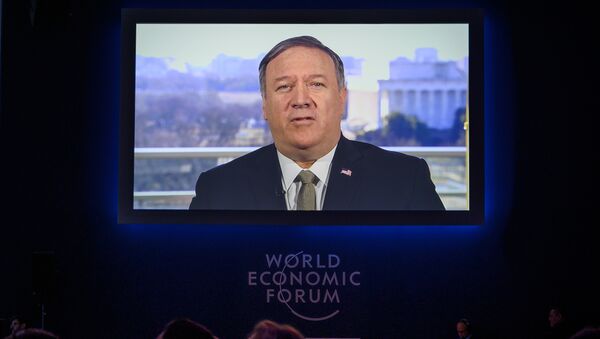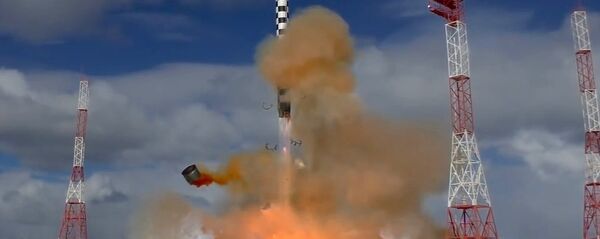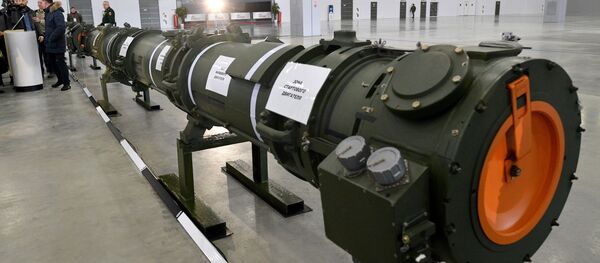"I won’t say the agreement won’t be saved but it is very unlikely", Jatras said on Friday. "There is no diplomacy emanating from the United States: there are only demands and ultimata".
Jatras observed that the Trump administration had not provided any evidence to substantiate its allegations against Moscow.
"[US] withdrawal from the INF agreement was what was intended in the first place by this diktat, whether or not there was any basis for the initial concern expressed by the US”, Jatras said.
READ MORE: Trump Hopes to Negotiate 'Much Better' Deal Than INF Suspended by US
Earlier in the day, US Secretary of State Mike Pompeo announced that the United States effective Saturday will suspend its obligations under the INF Treaty and will begin a six-month withdrawal process. On 4 December, Pompeo gave Moscow a 90-day ultimatum to "come back into compliance" with the treaty.
The INF Treaty, signed by the United States and Soviet Union in 1987, bans all ground-launched ballistic missiles with ranges between 310 and 3,400 miles.
According to the Russian Defense Ministry, military attaches and representatives of CSTO, BRICS, EU and NATO military-diplomatic corps, as well as some other European and Asian countries were invited to the briefing. However, US, UK, French and German, as well as EU and NATO representatives, did not attend the briefing.
READ MORE: Gorbachev Urges Putin, Trump to Resolve Dispute Over INF Treaty
In turn, Russia has said that US defense systems in Europe are equipped with launchers capable of firing cruise missiles at intermediate ranges.
US President Donald Trump first announced his intention to withdraw from the arms control treaty last October, citing Russia's alleged violations of the bilateral agreement. The US president is expected to suspend the treaty on 2 February.



